Inge Woolf: a life dedicated to tolerance and diversity
Inge Woolf, 1934- 2021: Founder of the Holocaust Centre of New Zealand,
By Nicholas Boyack
This article was first published by Stuff
Inge Woolf was surrounded by tragedy, but her life was a case study in tolerance, and support for humanity and all its diversity.
A child survivor of the Holocaust, she dedicated her later life to making sure the lessons learned from World War II, and the Nazi genocide of six million Jews, is never forgotten.
Daughter Deborah Hart noted with pride that Inge had co-founded the Holocaust Centre of New Zealand in her 70s, an age at which most people are putting their feet up.
“She was determined, a grateful Kiwi, a leader, and she knew how to live life to the full, whatever adversity was thrown at her.”
Adversity was something Inge knew a lot about.
Ron Woolf was the love of Inge Woolf's life.
Married to Ron Woolf, she had to deal with his sudden death in 1987, when he was photographing Wellington from a helicopter.
Ron was at the height of a distinguished career in photography and his death was a major story at the time. The accident, which also resulted in the deaths of Peter Button and Dion Savage, could easily have led to the end of the business.
A determined businesswoman, Inge kept Woolf Photography going, even doing some of the wedding pictures that her husband had booked, and remained an active director until the last few months of her life.
It was the adversity she faced as a youngster, however, that would forever define her.
Ingeborg Ponger was born in Vienna to parents Evzen and Grete. In later years she would joke that her “timing was all off” as anti-semitism and the Nazis swept through Europe.
The family business was looted by the Nazis, and overnight the family were destitute.
They converted to Christianity to try to save themselves and moved to Prague, as Hitler had not yet reached there and they had Czech citizenship.
Then in an audacious move, they boarded a train to the heart of Nazi Germany – Berlin – and from there caught a plane to England, pretending they were going on holiday.
Living in England as a refugee, Inge had a happy upbringing and did not know she was Jewish until the war was over. Her parents believed she was safer not knowing her true identity.
The family moved to Auckland in 1957 to be nearer to relatives Paul Stanton and Teddy Stiassny .
In 1958, Inge moved to Wellington to take a job as a buyer for the DIC department store.
It is impossible to tell the story of Inge without emphasising the importance of her relationship with Wellington-born Ron Woolf.
Theirs was a true love story. They met on Ron’s birthday, and years later he would joke that she was his birthday present.
In 2004, Ron’s gravestone was vandalised in the Makara Jewish cemetery in an attack where swastikas were sprayed on damaged headstones.
Typically, Inge reacted not with anger but instead with a determination to create something positive from what had happened.
The result was the Holocaust Centre of New Zealand, which opened in Wellington in 2007, with a simple message: “Today the lessons of the Holocaust are poignant to combat increasing intolerance and racism, to teach the value of human rights and the celebration of diversity.”
In 2008, she said the sight of Nazis waving swastikas had instilled a fear that remained with her all her life, but also instilled the need to foster tolerance at every opportunity.
She said she was on a personal mission to combat racism, intolerance and anti-semitism.
“When you get bullying in the classroom, or people getting ostracised because of their race, then you have to realise what can happen if that’s taken to the extreme.”
As founding director of the centre, Inge established it with a dedicated group of survivors, refugees, and descendants. She served as a board member, fundraiser, and educator.
She was often called on by the media to comment about anti-semitism and would speak freely about the need to remember the lessons learned from the Nazi genocide.
She also served on the advisory board of the Anne Frank Travelling Exhibition.
Since 2004, Inge has shared her testimony about her and her family’s experiences with thousands of students and members of the public.
Holocaust survivor Inge Woolf, left, and her daughter Deborah Hart, who is the board chairwoman of the Holocaust Centre of New Zealand.
Hart remembers her mother as a woman who got difficult things done.
”Some would say she was persistent or relentless. Others would say dogged. Others might not be so kind. But she was an unstoppable force when she wanted something!
Throughout her life she remained a person not to be underestimated. Those who only saw a short, sweet, old woman were shocked to find that Mum was often the most powerful person in the room.
She was a feminist. She was the Wellington president of the women’s business group, Zonta. She led an all-women team of photographers to the United Women’s Convention, and she ensured I attended too – I was 13 years old.”
Hart said that one thing Inge understood well was the power of her own words.
“She knew her story and the story of her family’s escape from persecution had power, and she was prepared to wield it. The retelling of that story pained and exhausted her, but she spoke to thousands – school children, at university lectures, she travelled back to Vienna and was featured at a Vienna University conference, and she was the keynote speaker at an Anzac Day commemoration.”
Wellington Jewish Council chairman David Zwartz said Inge was highly respected and her influence went well beyond the Jewish community.
“Every little while, but not that often, there are people that have a much bigger vision than everybody else, and Inge was one of those people.”
Her message was about “remembrance and education” and, without her, the Holocaust Centre would not have been the success it has been.
One person on whom she made a permanent impression was former squash star and race relations commissioner Dame Susan Devoy.
The day Ron Woolf was killed, Devoy had been at the Woolf studio getting her portrait taken.
She remained in contact with the family and, in her role as race relations commissioner, became a close friend and admirer.
“Despite being in the Holocaust, she was determined not to let that define her, but she could make the world a better place, which she achieved,” Devoy said.
As well as understanding the power of her message, Devoy said Inge had an incredible ability to get things done. “She was determined, outspoken and courageous, but she always did it with a smile.”
In 1992 , Inge was awarded the Queen’s Service Order for community service.
She was a 2019 finalist in the Women of Influence Awards – Community Hero category, and more recently was a finalist for the Welly Awards for community service.
Inge Woolf with her son Simon, a Wellington city councillor.
Her son, city councillor Simon Woolf, said his mother was a remarkable woman.
“She was my mentor, my inspiration. I would not have got through Dad’s death without her.”
Despite all she had been though in her life, she lived a life of tolerance and understanding, he said.
One of the last things she did before her death was approving the cover of a book to be published later this year on her life. Fittingly, it is called Resilience.
Sources: Deborah Hart, Simon Woolf, David Zwartz, Dame Susan Devoy and Stuff archives.





